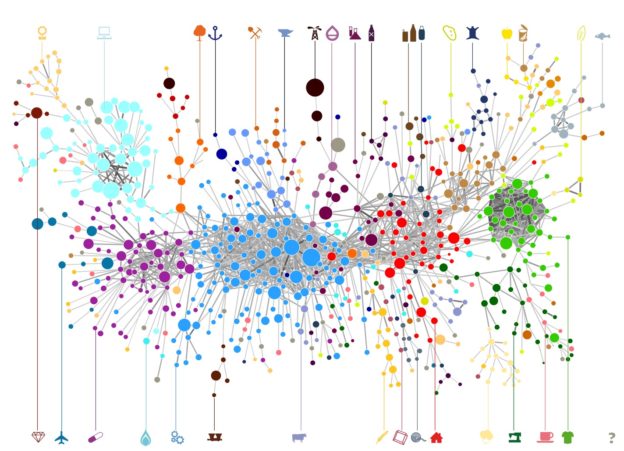Nota dell’autore: questo non ha la pretesa di essere un saggio accademico. È più un post lungo e un po’ tecnico. Se, nonostante questo, pensi che dovrebbe essere pubblicato in un luogo più accademico, scrivimi. Sto lavorando sulla traduzione italiana, ma potrebbe prendere parecchio tempo. Se vuoi aiutarmi nella traduzione, scrivimi, te ne sarò grato. Leggi la versione inglese.

Thanks Alberto for providing great food for thought – as usual. Wish you blogged more 🙂
I am curious – what do you think of Eric Beinhocker and the Wealth of Nations – worth adding to the list?
Also, any thoughts on the distinction between managing risks and coping with uncertainty (as per http://disenopublico.org/en/governments-legacy-cant-shape-current-solutions-2) and what this means for policy making?
Thanks as ever.
Giulio
I had never heard of Beinhocker. Do you recommend it? Based on Amazon’s reviews, it seems more of a primer. But when you have been reading on this stuff (and trying to write it too) for almost ten years, your priming is done 🙂
The distinction between risk and uncertainty gos back a long way in economics. David Lane used to invoke “ontological uncertainty”. His metaphor for this is really compelling:
“Imagine the situation of the Bosnian diplomat in early September 1995 trying to bring an end to
the bloodshed in his country. It is very difficult to decide who are his friends and who his foes. First he fights against the Croats, then with them. His army struggles against an army composed of Bosnian Serbs,
but his cousin and other Muslim dissidents fight alongside them. What can he expect from the UN
Security Forces, from the NATO bombers, from Western politicians, from Belgrade and Zagreb, from
Moscow? Who matters, and what do they want? On whom can he rely, for what? He doesn’t know–and
when he thinks he does, the next day it changes.”
The paper is one worth reading in full (http://samoa.santafe.edu/media/workingpapers/95-12-106.pdf). It was published in 1995. So, the points made by Steinberg are very reasonable, but if you have been paying attention to the progress in Complex Econ they are taken for granted. These newer contributions go one level up, because they are actionable. They do not stop at critiquing the usual way to do things, they show you a better one – and have the math to buttress it, which is important in economics.